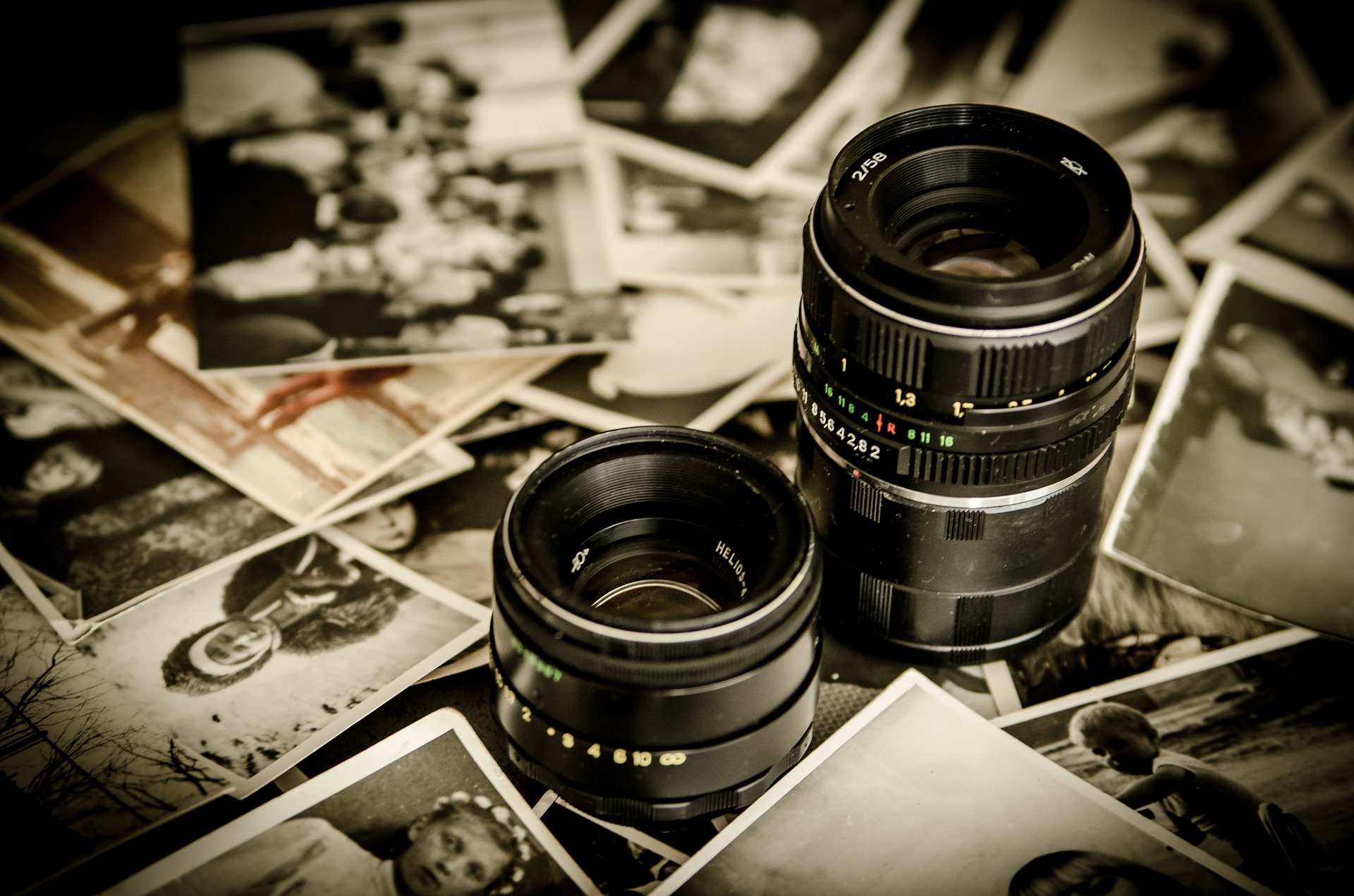Can the Human Brain Perceive a False Memory and Believe It to Be True?

Over the past several years, false memories and the power of suggestion has been a popular topic in legal news and research. New research shows that suggestion and expectation play a key role in the creation of a false memory, which is then fine-tuned by feelings, knowledge, and beliefs. The mistaken recollection of previous memories can be misinterpreted when developing a new memory.
A recent study on mice by researchers at MIT demonstrated that the brain is capable of creating false memories, which in turn affects behavior. Scientists manipulated neuronal activity in an area of the brain associated with memory in mice. First, researchers used a process (discussed in detail in the article) to activated memory associated with Event A (an unscary event). They then fear-conditioned the mice to a new context (Event B), while stimulating the cells created in Event A. Finally, they exposed the mice to Event C without activating the fear-conditioned context B.
Interestingly, when exposed to each context, the mice froze for Event A but not for Event C. These results demonstrated that fear can be associated with an unscary event, which will cause mice to become scared anyways. Thus, the mice were fooled by a “false memory.” The study validated the hypothesis that false memories can trick the brain into linking a particular stimulus to an unrelated context. This is significant in the context of humans, because it demonstrates that previous memories may affect the brain’s interpretation of a new memory or conjure familiar feelings from experiences.